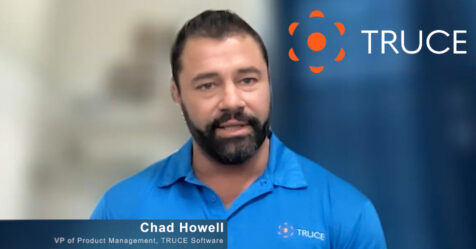Sustainability has three components: planet, profits, and people. Of the three, the one that may be the most difficult to grapple with is people.
The people component of sustainability deals with social equity—how businesses consider the well-being of the people who work for them as well as the communities they serve.
For a building service contractor (BSC), social equity involves providing workers with:
- Living wages, so they can pay their rent and utilities
- Health care benefits, so workers can focus on health and wellness
- Adequate training, not only to teach workers to perform their duties correctly, but to perform them safely
- Workers’ compensation or similar insurance that protects workers if they are injured on the job.
Some larger cleaning contractors are even providing their foreign-born workers with English language classes as part of their social equity efforts.
When you look at all these items closely, you see how they benefit all of us, not just the cleaning worker. For instance, if cleaning workers are not paid a living wage, they often must turn to taxpayer-supported social services to cover rent and other expenses. And if an injured cleaning worker has no health insurance or is not covered by any form of workers’ compensation, then once again, the taxpayer picks up the tab.
Very often people with no health insurance visit hospital emergency departments for medical treatment. The average emergency room visit in the United States costs us$2,168. With health insurance, that cost may be significantly reduced and is covered by the health insurance and the worker.
Why is Social Equity Difficult for the Cleaning Industry?
Recently I was speaking with the CEO of a large contract cleaning company who told me the average size of the accounts his firm serves is $1 million per year. He added proudly that his company provides a full benefits package for its staff and pays comfortable living wages.
He also told me his company does not market its services to multitenant office buildings. The reason, in his own words: “Office building managers are too focused on price.” His company would likely not be able to provide his staff the benefits and wages he so proudly pays if he had to compete on price alone.
Price competition is a significant obstacle for the contract cleaning industry, with many cleaning contractors looking for ways they can keep their charges as low as possible. All too often, this means they must cut back on salaries and benefits.
What is the Solution?
Cleaning contractors looking to convince clients that social equity is beneficial for them should take these steps:
- Provide a summary of ISSA’s Value of Clean tools with proposals. These tools reference many studies that prove quality cleaning helps reduce absenteeism, improves worker morale and productivity, and enhances student performance. Visit www.issa.com/value to access this information.
- Provide professional development opportunities for employees and share how it helps service quality while keeping costs down.
- Explain to decision-makers how taxpayers pick up the tab when cleaning workers without benefits become sick. Due to industry hazards, the likelihood of cleaning workers becoming injured and needing medical attention is high.
Cleaning workers provided with living wages and benefits tend to be more productive and stay with a company long term. This benefits organizations because constant turnover costs money and often leads to poor customer satisfaction. It also benefits employers as cleaning workers who like their jobs want to do their best for their companies.




